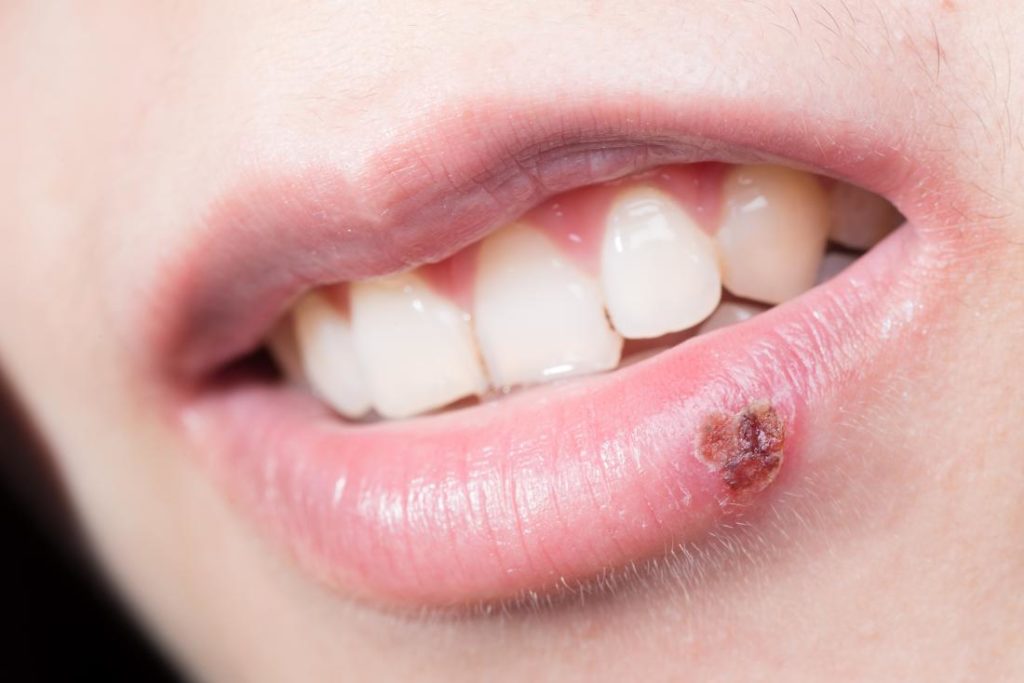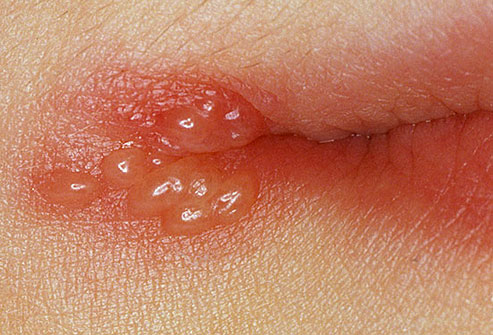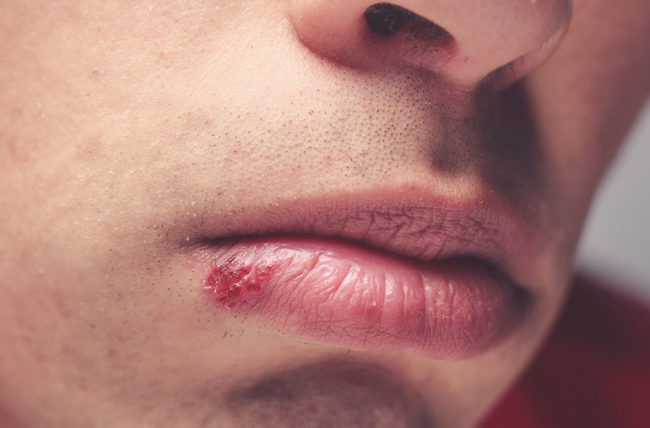Ever wonder what causes those cold sore outbreaks? Scientists may have discovered the reasons why, study finds.

The following written content via Newsmax Health
Scientists might have discovered why cold sores caused by herpes simplex virus (HSV) are triggered by stress, illness, and sunburn.
The finding could lead to new ways to prevent recurring cold sores and herpes-related eye disease, U.S. and British researchers say.
More than half of Americans are infected with herpes simplex virus. It is spread through close contact with someone who has the infection and can re-emerge at any time.

“Now [that] we understand more what can induce HSV to come out of hiding and reactivate, we can start to understand how this works at the level of the infected nerve cell,” said researcher Anna Cliffe, an assistant professor of microbiology, immunology and cancer biology at the University of Virginia in Charlottesville.
“Our long-term goals are to understand how to make sure herpes simplex cannot respond to these signals and therefore, prevent reactivation occurring,” she said.
Current therapies against HSV act to prevent the virus from replicating once it comes out of hiding. No therapies yet can target the infection in its latent stage, Cliffe explained.
“Herpes simplex virus hides in nerve cells for life, so once you have herpes simplex you always have it,” she said. “Sometimes, it comes out of hiding, and this can cause clinical disease, like cold sores, eye disease, and genital lesions.”
But scientists did not fully understand what might act on the infected nerve cells and cause the virus to come out of hiding.
“In our study, we found that if the neurons become more prone to fire impulses, then the virus can come out of hiding,” Cliffe said. Neurons are cells that transmit information to other nervous system cells.
A cytokine called interleukin 1 is released into the body when people become stressed or have a fever. It is also found in skin cells and can be released when they are exposed to ultraviolet light, including the sun. All of these can reactivate the herpes virus and trigger cold sores, she explained.
“We also linked reactivation to the activation of a protein inside neurons called DLK,” Cliffe said.
Its activation is required for HSV to reactivate in response to interleukin 1, along with other triggers like damage to nerve cells, she said. That makes DLK a good target to prevent HSV, Cliffe added.
Repeated reactivation of HSV can also affect the eyes. In the eye, the virus leads to herpes keratitis, can result in blindness if left untreated. HSV infection has also been linked to Alzheimer’s disease progression. Read more from Newsmax Health.
Advertisement






